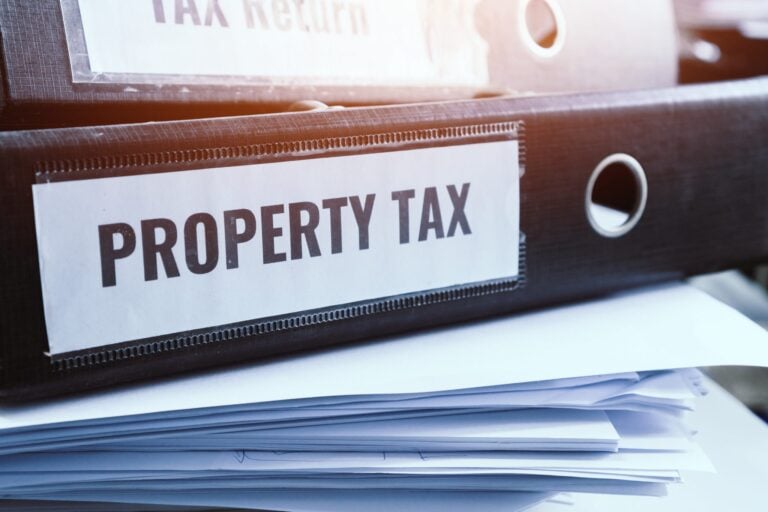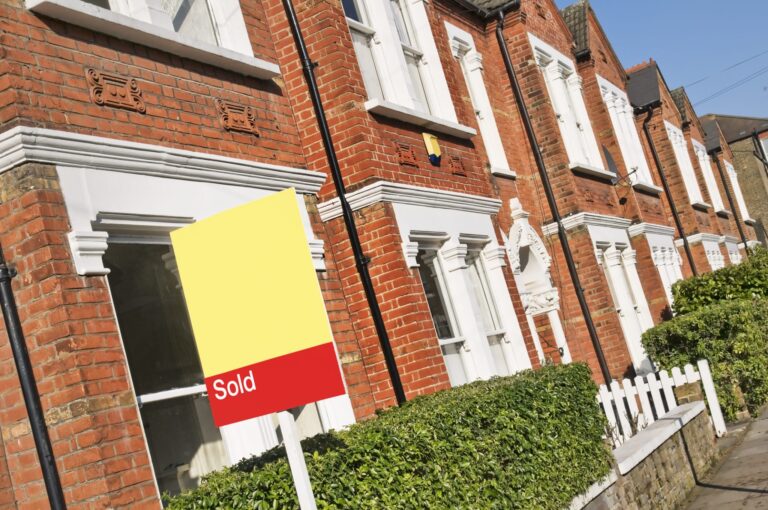Buy-to-let property is still one of the top investments in the UK, so for those considering a move abroad, hanging onto your bricks and mortar assets can be a good decision.
For those wanting to live overseas either temporarily or for the foreseeable future, renting out a property in the UK is a great way of bringing in a monthly payment while allowing you to keep a bolthole back home.
Compared to running a buy-to-let down the road from where you live, however, there can be some extra complications to take into account before going down this route.
Consider your tax position
If you are a buy-to-let landlord who lives overseas for six months or more of the year, you are classed as a non-resident landlord by HMRC. This means you must pay tax in the UK on your rental income, using the non-resident landlord scheme – with tax being paid to HMRC either through the tenant or a letting agent.
If paying tax through the tenant, provided they pay more than £100 a week in rent, they must register with HMRC and deduct the relevant tax from their rental payment. Letting agents are required to operate through the non-resident landlord scheme regardless of how much rent is collected. More information on how to calculate the tax can be found on the government website.
Employing a letting agent or management company
As a landlord overseas, you must decide how much involvement you want in your rental property. Many will opt for a letting agent or management company to deal with everything for them – finding tenants, drawing up contracts, taking deposits and rental payments and ongoing management of the property. The cost of this will eat into some of your rental income, but could be worth it if you want to avoid the hassle of managing a property abroad.
When choosing a letting agent or management company, it is worth finding out if they have experience of overseas landlords. They should be able to assist with other legal requirements including EPC and gas safety certificates, smoke and carbon monoxide alarms, and regular property inspections as well as carrying out repairs and maintenance as required.
Finding tenants
If you live abroad, finding tenants yourself may be quite challenging, but it is possible if you do not want to use a letting agent. You can advertise the property on a number of different portals, speak to potential tenants over the phone or even on a video call, and arrange for a local friend or relative to show prospective tenants around the property.
Ideal tenants would be those you consider to be the most ‘straightforward’, and preferably with as long a contract as possible.
The legalities
Deposits, inventories, credit checks and contracts – these are just some of the things to deal with as a landlord if you are self-managing, but they can be slightly more inconvenient if you are not resident in the UK. However, as so much can be done online now, it is easier than ever to be a landlord abroad.
Local tradesmen
Before going abroad, it is a good idea to become acquainted with some trusted, local tradesmen who you can call in when needed. Plumbers, electricians or general handymen are good people to know when you’re not around, and you could give their number to your tenants to contact directly if any issues arise – although any work and costs would need to be agreed by the landlord.
Property inspections
Landlords often carry out property inspections on an annual or biannual basis, but this can be done more frequently if agreed in the lease, provided 24 or 48 hours’ notice is given to the tenant. For overseas landlords who are self-managing, it will be a case of either arranging an inspection when you are in the UK, or getting a local friend or relative to carry one out for you and report any issues back.
If the property was previously your home, or is going to be in the future when you return to the country, these inspections are a good way of knowing that the place is being properly looked after and any repairs or maintenance are carried out quickly.










